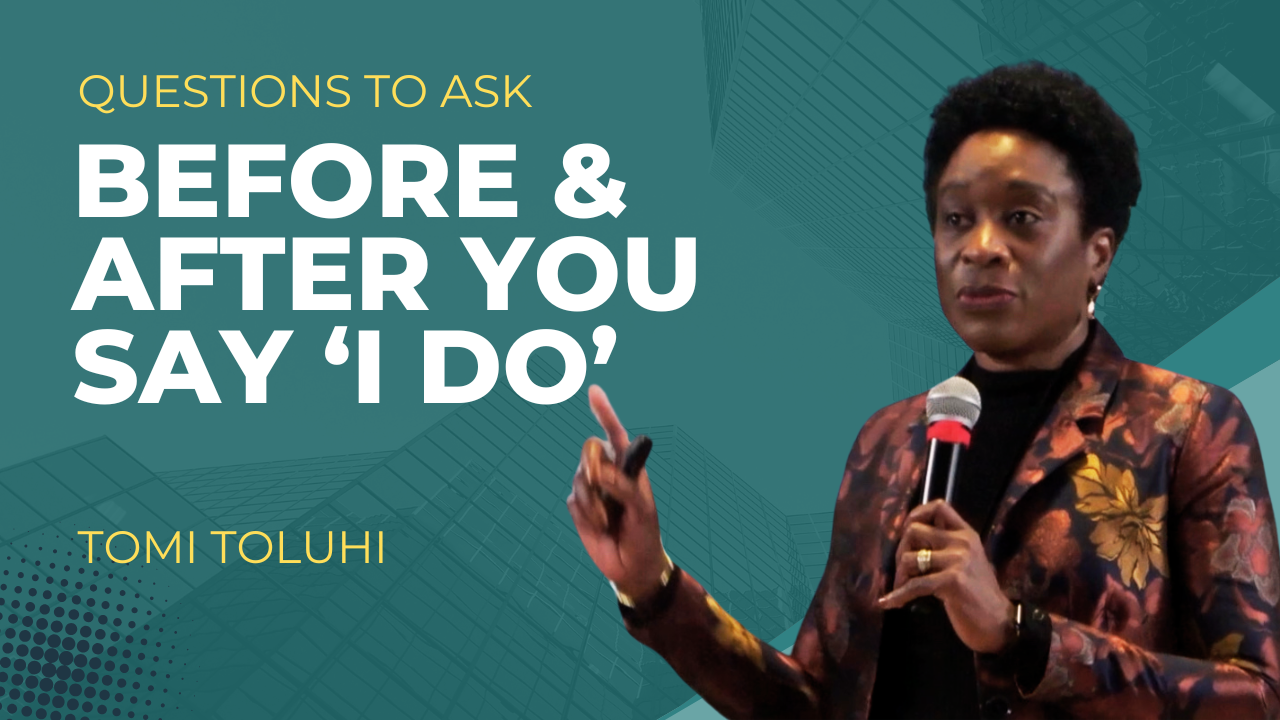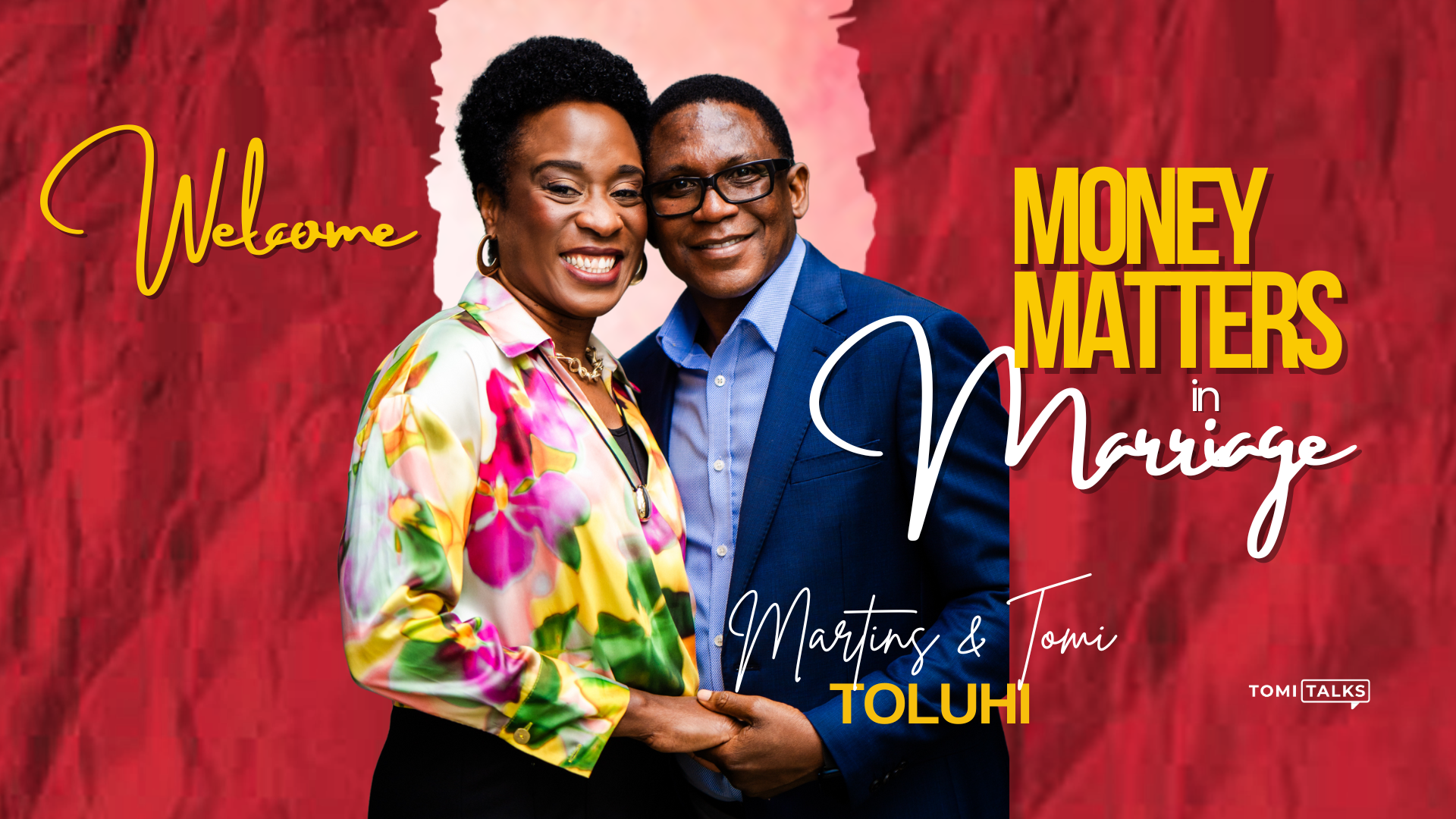How to double your satisfaction in marriage

If you are reading this, perhaps your interest was piqued by the bold claim in the title. Maybe you are curious to find out if there is a formula that can guarantee double the joy in marriage. What could I possibly propose that is potent enough to make a bad marriage good and a good marriage even better? The answer is change. No, probably not the one change you are hoping for – a change in your spouse. You see, you cannot change another person no matter how hard you try, especially when that other person is your spouse. Frustrated spouses down through the ages have tried all the tricks in the book to change their spouse – nagging, bargaining, threatening, withdrawing and all the other ‘-ings’ in their arsenal, but none of it seems to work. Human beings are notoriously resistant to change initiated from the outside. Simply put, people don’t change because you want them to; they change because they want to.
So what kind of change am I proposing? I am talking about a subtle but powerful change that can happen in you ; a change that you can initiate; a change that is within your power to control. Simply put, it is a change in perspective. When I was in Architecture school, one of the things we were required to do after conceptualising and designing a building was to represent it in three dimensions; to draw it in perspective. I very quickly learnt that choosing your vantage point, the position from which you imagined you were viewing the building, fundamentally changed what you could see. In other words, anything can look substantially different, depending on where you are viewing it from. Perspective changes everything.
Sometimes your physical situation may not have changed but a change in perspective changes everything. I have seen it over and over again in marriage counselling. A couple comes in with seemingly insurmountable problems because one or both parties are dissatisfied in the marriage. Fast forward a month or two with several counselling sessions under their belt – there is a new light in their eyes and they have fallen in love all over again. Very often if you look closely at the marriage, their situation may not have changed fundamentally – he is still who he was two months ago and she is still who she was, but they have a new-found love for each other. Why? Because they have changed how they view each other. I would like to propose three perspective changes which will radically alter your satisfaction in marriage for the better.
I would like to propose three perspective changes which will radically alter your satisfaction in marriage for the better.
Remember why you chose your spouse in the first place
The quote, ‘What you focus upon the most becomes your idea of reality’ may be over-beaten but nowhere does it ring truer than in marriage. The scenario replays itself over and over again in marriage counselling. When I work with a couple, one of the exercises which I like to give them from the onset is to individually list the things they admire or love about each other on one side of a sheet of paper, and the things which they would like to see changed in their spouse on the other side. It never ceases to amaze me that a husband or wife can seemingly list countless things they would like to change in their spouse but struggle to find two or three qualities they are happy with. They chew their pens, scratch their heads, and for the life of them seem totally incapable of recollecting a few positives to recommend the person whom they have chosen to be married to. It makes you wonder why they chose to marry such a person in the first place. Did their spouse’s good qualities simply evaporate after marriage? Or are they simply victims of the ‘black dot syndrome’ as I like to call it?
Human beings have the uncanny ability to focus on negatives and ignore positives. Try this experiment. Hold up a white sheet of paper with a small black dot on it and ask someone ‘What do you see?’ Nine times out of ten they will respond, ‘A black dot’. Almost nobody will say, ‘A white sheet of paper’. In that vast ocean of pristine whiteness, all we can see is the one dot that doesn’t belong. And so it is with marriage. We obsess over one or two things which we feel are ‘wrong’ with our spouse and totally ignore or fail to acknowledge all the wonderful qualities they possess. That’s why every now and then you need to take a trip down memory lane and remind yourself of what was so great about your spouse that convinced you to marry them in the first place. If you look closely enough, you will find that those same qualities are still intact.
Be thankful for the little things
After having lived with someone year in, year out, it is ever so easy to be blind to the advantages of that relationship. The daily grind and mundane nature of everyday living can rub the shine off your marriage and lull you into taking your spouse for granted, overlooking the little things that your spouse does for you and underestimating the benefits which he or she has contributed to your existence. What qualities does your spouse possess which you have taken for granted? What do they do for you daily that has become such a norm that you have started to feel entitled rather than appreciative? Pause a little and think about that. Making your meals; driving you to places; running errands; managing the family finances; encouraging you when you are down; standing by you when others desert you? The list is endless. Sometimes we fall into the trap of comparing our spouse unfavourably to someone else’s and this clouds our perspective and robs us of the ability to see how blessed we really are.
Train yourself to be thankful. Consciously maintain an attitude of gratitude. There’s nothing like thanksgiving to totally change your perspective of a situation. When last did you tell God how thankful you are to be married to your spouse? And when last did you thank your spouse for all the ways they have been a blessing to you? You will be surprised to find that there are many people who would happily trade places with you and would be grateful to have the husband or wife you have. Furthermore, no one is inspired to do more for a grumbling spouse; we are all wired to respond to gratitude with a willingness to extend ourselves even further. Everyone likes to feel appreciated. You might be thinking, ‘Well my spouse doesn’t appreciate me so why should I appreciate him or her’. The answer lies in the principle of reciprocity. Thankfulness begets thankfulness. As you learn to be more vocal in appreciating your spouse, you will reap those seeds of gratitude in a harvest of thankfulness from your spouse. Make today ‘Be Grateful Day!’
Recapture your sense of humour
Marriage can be hard work – there’s no doubt about it. But sometimes we forget that God actually created marriage to be fulfilling and fun. Marriage is meant to be enjoyed, not to be endured. If you take yourself too seriously, marriage will be a long, tedious journey for you. Remember when you and your spouse had all those private jokes, shared between just the two of you? Remember when you used to laugh together and even play together. Whatever happened to that? Sometimes people get so serious or spiritual that they are no longer fun to be with. Don’t let that happen to you. God gave you your sense of humour to provide therapy for your hurts and healing for your pains. Proverbs 17:22 puts it this way: ‘A cheerful heart is good medicine, but a broken spirit saps a person’s strength.’
Your sense of humour is God’s gift to you to make your burdens lighter and your life journey brighter. Use it to the advantage of your marriage. To paraphrase Henry Ward Beecher, ‘A marriage without a sense of humour is like a wagon without springs – jolted by every pebble in the road’. Whenever I see or read something funny, I can’t wait to share it with my husband – and he does the same for me. Tense situations can be very quickly diffused when you inject a bit of humour into them. Make it a habit to laugh at your mistakes – you are human, believe it or not. Don’t take yourself so seriously that you cannot see the funny side of things. Laugh with your spouse frequently. That’s the only sure way to increase your satisfaction in marriage.










